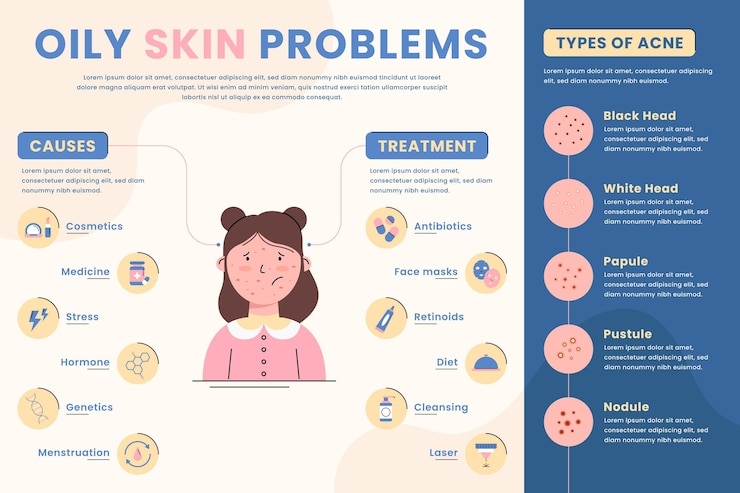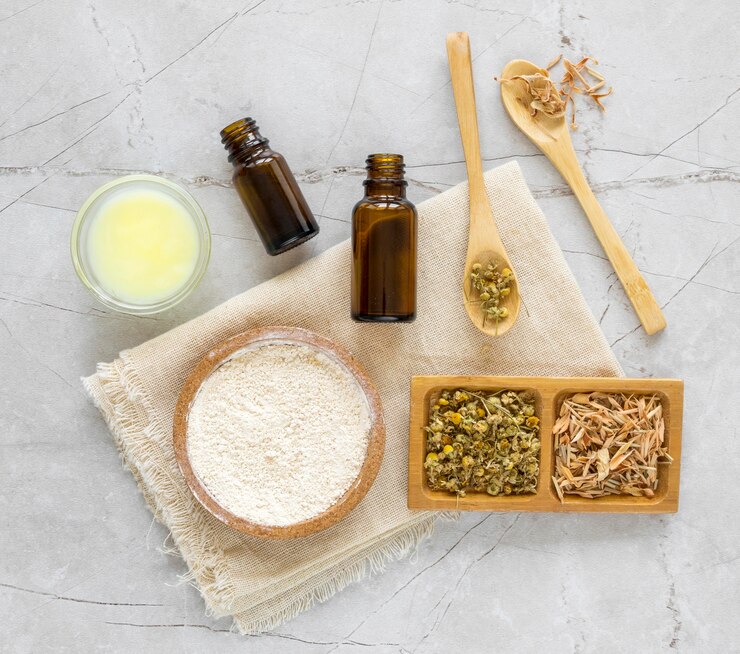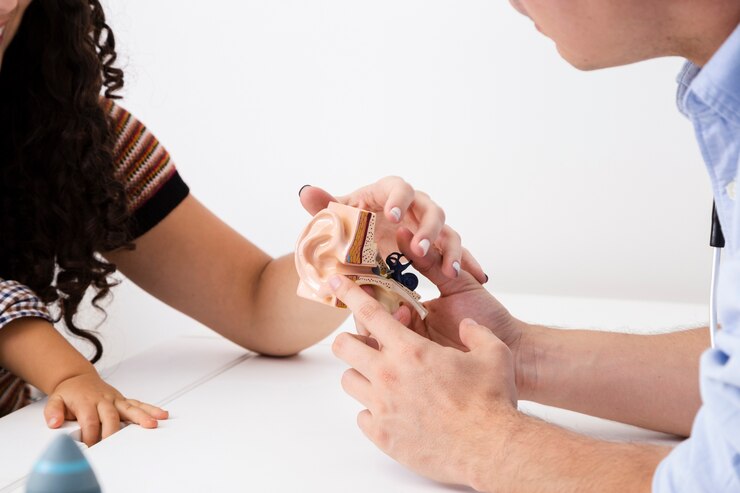
Many people mistakenly believe that acne only affects teenagers, but that’s not true. Adult acne is more common than you might think. Today, I’m going to share six easy steps you can start implementing right away to nurture your skin from the inside out; it’s a natural method to tackle acne. If you haven’t already checked out our post on the Best Skincare Products for Acne-Prone Skin over at Hello Joyous, I recommend taking a look—it covers the basics of acne and some common triggers.
Here are some acne-related stats:
Women are more prone to adult acne than men.
Below are my top nutrition and lifestyle tips to help you achieve clear skin, because everyone deserves healthy skin.
1. Cut down on refined carbohydrates and sugars
While sweets are tempting, if you’re dealing with persistent acne, examining your intake of processed carbs and sugars is worthwhile. These foods include white pasta, cookies, chips, candies, and various processed items found at the grocery store. As a nutritionist, I’ve observed that clients with acne often consume diets high in refined carbs and sugary treats. Once they reduced or greatly limited these foods, their skin greatly improved.
Eating a large amount of refined carbs, especially without the blood sugar-balancing benefits of fiber, healthy fats, and protein, can lead to a spike in insulin. This matters because excess insulin boosts insulin-growth factor (IGF-1), which increases testosterone levels. This hormone ups the skin’s sebum production, attracting acne-causing bacteria and worsening acne. IGF-1 also enhances keratinocytes, skin cells linked to acne.
Balancing blood sugar is essential to preventing acne, as it can trigger inflammation, insulin, and testosterone spikes. Ensure every meal and snack includes complex carbohydrates, a healthy fat source, protein, and fiber. For more detailed insights into blood sugar, check out our episode with the Glucose Goddess.
2. Support your body’s detoxification pathways
Our bodies have intricate systems designed to detoxify harmful substances, excess hormones, and chemicals. These encompass the liver, kidneys, digestive system, lungs, blood, and skin. When these systems are overburdened, it may show on your skin as acne or other issues.
Since the skin is a critical component of this detox system, supporting these functions can lead to healthier skin and reduce acne breakout chances.
Additional tips to aid detoxification:
3. Incorporate probiotic foods
Boosting your internal microbiome is foundational for healthy skin. The microbiome influences digestion—which is important for detoxification—inflammation, and immune response. Regularly consuming probiotic foods can nurture your microbiome and improve digestive function.
A few of my favorites:
Be mindful if you have histamine intolerance, as probiotic foods might pose challenges. Read up on histamines here. Your probiotic bacteria need nourishment, which is where prebiotic fiber comes in. Incorporate these foods to feed your microbiome:
4. Manage stress
Easier said than done, I know! With life’s endless demands, reducing stress can be a challenge. However, chronic stress triggers hormonal responses, leading to cortisol and insulin spikes, which can harm your skin, causing breakouts and more stress.
While some stress is unavoidable, finding small ways to reduce it can be beneficial. Setting boundaries with family, friends, and work might sound less appealing than a bubble bath, but it can significantly ease your mental and physical burden.
Other small techniques to support your nervous system and reduce stress:
5. Cut back on dairy
As delicious as dairy is, it also increases testosterone and insulin levels, leading to acne breakouts. Skim milk is particularly problematic, as it’s primarily lactose—a type of sugar. If you have frequent breakouts, consider temporarily eliminating dairy to identify if it could be contributing to your acne issues. Fortunately, non-dairy alternatives have come a long way and can be as tasty as traditional dairy products.
Goat and sheep dairy are generally easier on the system than cow dairy, as they contain less A1 casein, making them less inflammatory. Many people sensitive to cow dairy can enjoy these products.
If you’re trying out a dairy-free lifestyle, make it enjoyable to prevent feeling deprived. Farmers’ markets often offer a range of goat and sheep cheeses and non-dairy items. Explore and find new favorites—your skin might just thank you!
6. Embrace healthy, anti-inflammatory fats
Healthy fats are essential for glowing skin. Topically, polyunsaturated fats found in organic rosehip oil can lock in moisture, improve texture, and support the skin’s natural barrier to keep it hydrated. This can help balance oil production and prevent blocked pores and breakouts.
Incorporating healthy fats into your diet can lower inflammation and promote hormonal balance. It’s crucial to consume enough healthy fats to support skin cell development and moderate inflammatory responses, which can reduce acne.
Some top skin-loving fats:
Other tips for preventing acne include keeping your skin’s pH balanced, gently exfoliating weekly, and maintaining a simple routine. I recommend using organic, clean beauty products designed to keep your skin healthy, balanced, and glowing. Check out the best skincare routines for acne at Hello Joyous.
I hope these straightforward tips inspire you to start incorporating them into your routine for naturally clearer skin. If you’ve been facing frequent breakouts, consider these adjustments to improve your skin health.


